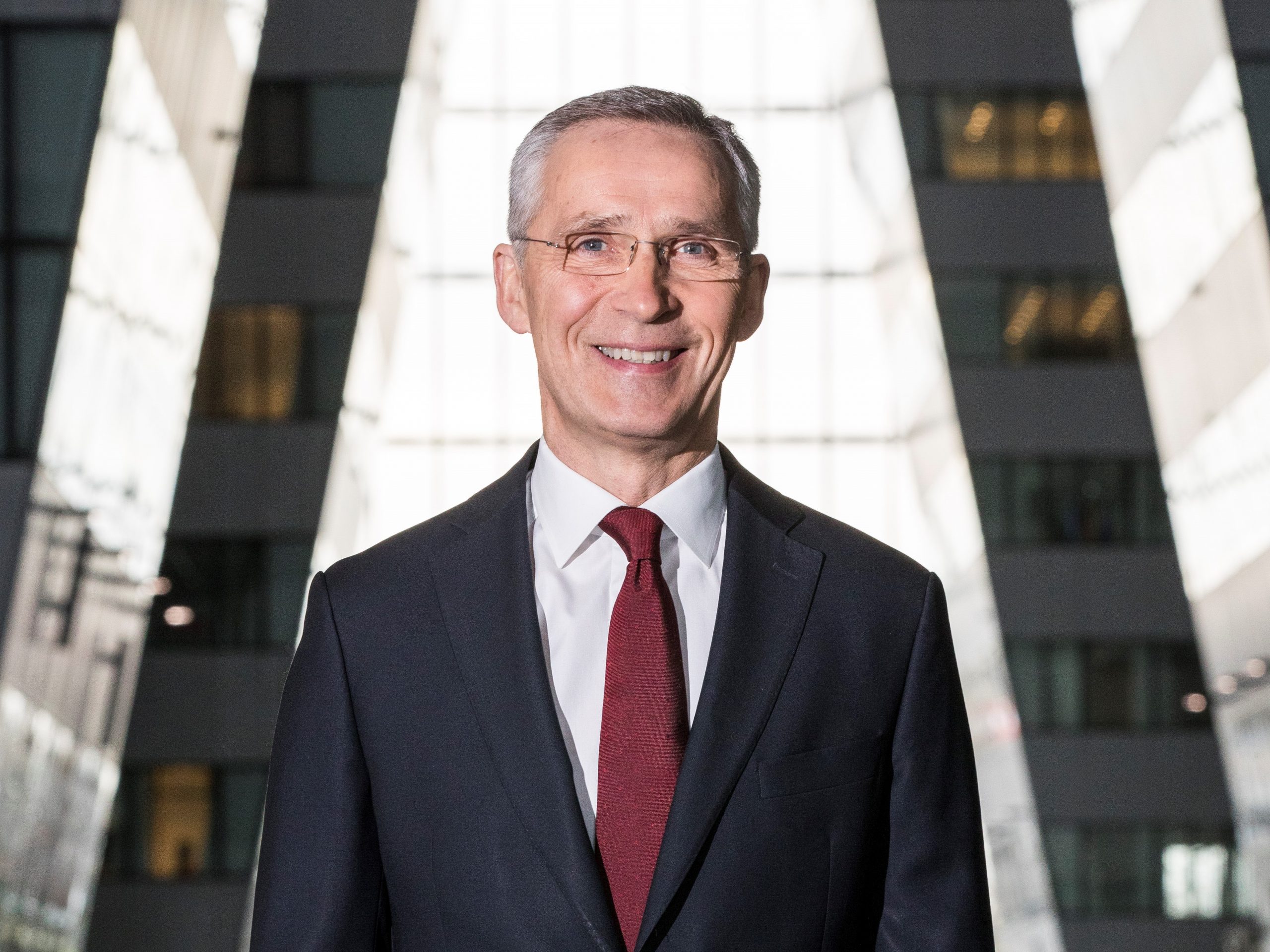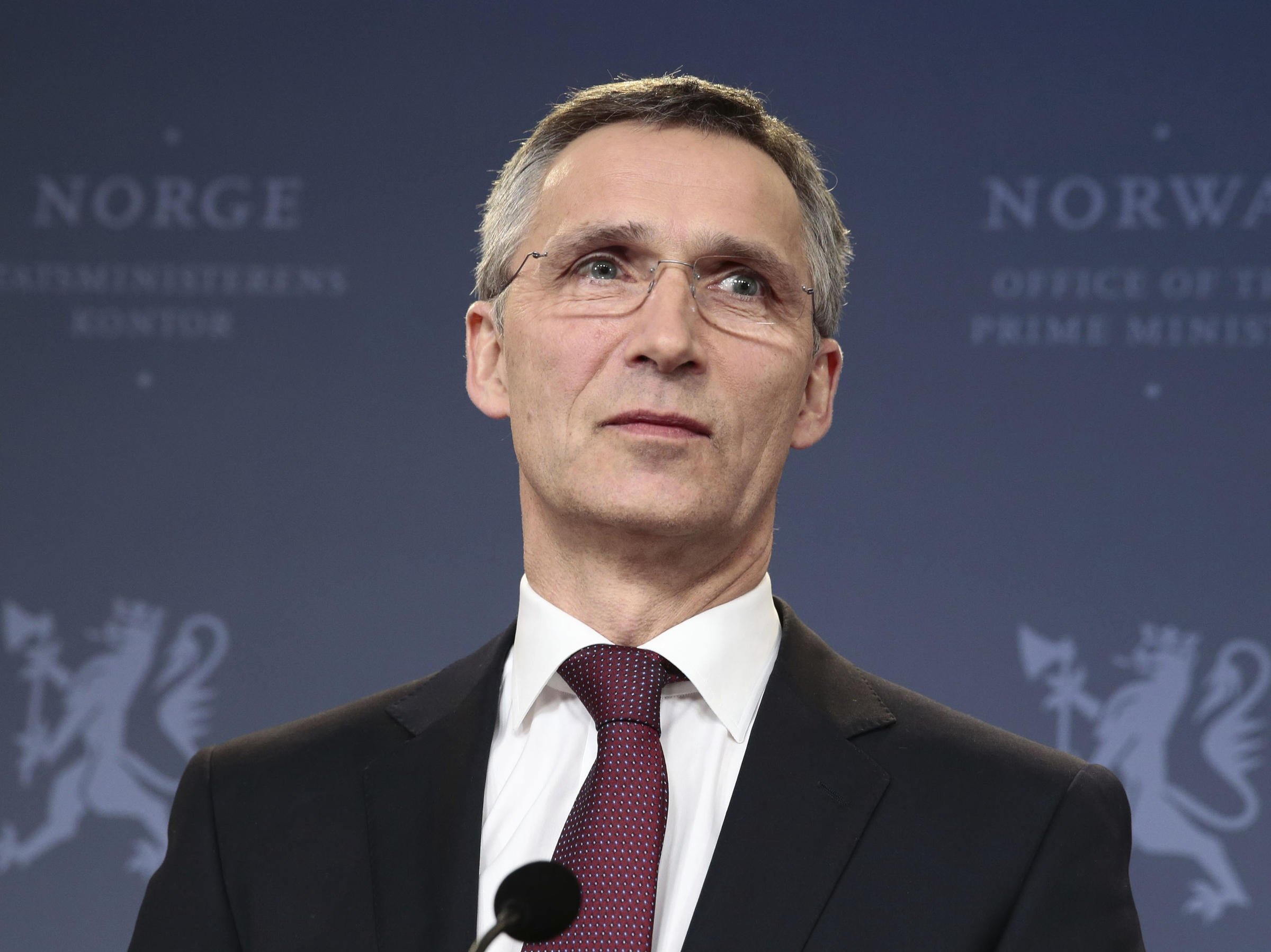Jens Stoltenberg’s Role in NATO

Jens Stoltenberg, the current Secretary General of NATO, has played a pivotal role in shaping the alliance’s mission and goals. Under his leadership, NATO has undergone a significant transformation, enhancing its collective defense capabilities and fostering greater cooperation among member states.
Strengthening Collective Defense, Jens stoltenberg
Stoltenberg has been instrumental in strengthening NATO’s collective defense capabilities. He has overseen the implementation of the “Readiness Action Plan,” which has increased the alliance’s ability to respond quickly to threats. Additionally, he has led efforts to modernize NATO’s military equipment and enhance interoperability among member states.
Enhancing Cooperation and Unity
Stoltenberg has also been a strong advocate for enhancing cooperation and unity among NATO members. He has initiated several initiatives to foster dialogue and consensus-building, including the “NATO 2030” initiative, which aims to adapt the alliance to future challenges.
Jens Stoltenberg, the current Secretary General of NATO, has been a prominent figure in international diplomacy for many years. His leadership has guided the organization through significant challenges, including the ongoing conflict in Ukraine. As a key player in the global security landscape, Stoltenberg’s insights on NATO’s role and the future of European security can be found in his extensive speeches and interviews.
To learn more about his perspective, visit Jens Stoltenberg’s website.
Jens Stoltenberg’s Diplomacy and Negotiations
Jens Stoltenberg has been widely recognized for his diplomatic achievements in resolving international conflicts and mediating between NATO members and other nations. His efforts have played a crucial role in maintaining peace and stability in Europe and beyond.
Stoltenberg has successfully facilitated dialogue and cooperation between NATO countries and non-NATO countries, fostering a spirit of partnership and understanding. His diplomatic skills have contributed to strengthening the security and stability of the Euro-Atlantic region.
Mediating Between NATO Members
- Stoltenberg has effectively mediated between NATO members, resolving disputes and building consensus on key issues. His ability to find common ground and facilitate dialogue has helped maintain unity within the alliance.
- For instance, he played a significant role in resolving the dispute between Greece and Turkey over the Aegean Sea, defusing tensions and preventing further escalation.
Promoting Dialogue with Non-NATO Countries
- Stoltenberg has actively engaged with non-NATO countries, promoting dialogue and cooperation on security issues. His efforts have helped build trust and strengthen partnerships.
- He has established a close relationship with Russia, engaging in regular dialogue and seeking areas of cooperation despite ongoing tensions.
- Stoltenberg has also worked closely with Ukraine, supporting its sovereignty and territorial integrity and providing assistance in its defense against Russian aggression.
Jens Stoltenberg’s Vision for NATO’s Future

Jens Stoltenberg, the current Secretary-General of NATO, has articulated a clear and ambitious vision for the future of the alliance. He believes that NATO must adapt to the evolving security landscape and prepare for the challenges of the 21st century.
Adapting to Emerging Security Challenges
Stoltenberg has identified several key emerging security challenges that NATO must address, including:
- The rise of new technologies, such as artificial intelligence and cyber warfare.
- The resurgence of great power competition, particularly between the United States and China.
- The spread of terrorism and extremism.
- Climate change and its security implications.
Stoltenberg believes that NATO must adapt its strategies and capabilities to meet these challenges. He has called for increased investment in defense, a stronger focus on collective defense, and a more robust cyber defense posture.
Strengthening NATO’s Resilience
Stoltenberg also believes that NATO must strengthen its resilience to withstand future threats. He has proposed a number of initiatives to do this, including:
- Increasing the size of NATO’s rapid reaction force.
- Pre-positioning equipment and supplies in member states.
- Improving NATO’s command and control systems.
- Strengthening NATO’s partnerships with other international organizations.
Stoltenberg believes that these measures will help NATO to deter and defend against any potential threats.
Preparing for Future Threats
Stoltenberg has also called on NATO to look ahead and prepare for future threats that may not yet be known. He has encouraged NATO members to invest in research and development, and to work together to develop new technologies and capabilities.
Stoltenberg believes that NATO must be ready to face whatever challenges the future may hold. He is confident that the alliance can continue to be a force for peace and security in the world.